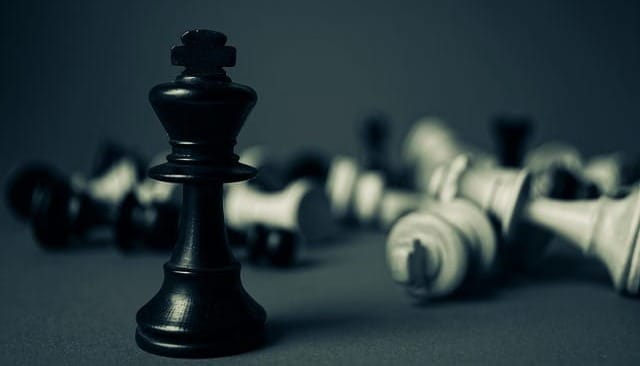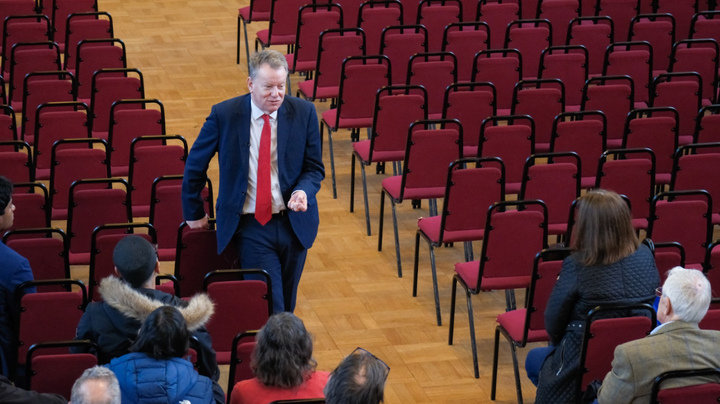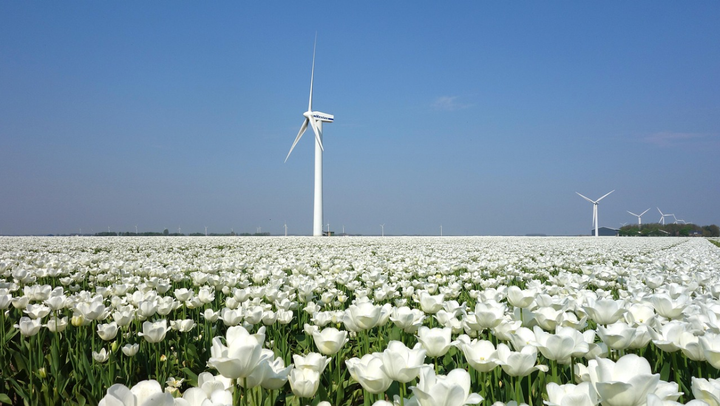Should the UK still have a monarchy?

Chloe Jones
In today’s society, the monarchy can feel futile and largely symbolic to some people. It is disputed what the role and/or need for a King is. Stereotypically, when you imagine a monarch, you picture them as an autocrat, living a luxurious life and ruling the country from their undoubtedly large castle. Castle and luxury aside, it is undeniable that the power of the monarch has long gone.
The days of William the Conqueror and Richard the Lionheart feel like myths. These Kings ruled autocratically, waging war in pursuit of valour, and erecting castles in their names. However, the Norman and Plantagenet Kings did not possess much power over the nation. The system of Dukes, Lords and Barons made England more similar to a collection of somewhat self-ruling states. Although the monarch had immense power, their ability to control the nation was restricted by its lack of organisation. In truth, the hierarchical feudal system (King on top, followed by lords etc.) was hard to manage; it made the Kings vulnerable to rebellions and internal threats.
The true tyrannical power of a Monarch accumulated around the time of Henry VIII’s reign (1509-1547). By which point, the nation was organised enough in which a King could assert and enforce his will through his significant power, and the divine right to rule. Ordained by God, the King’s desires were synonymous with ‘God’s will,’ and evidenced by the English Reformation, King Henry had the capability to go against the wishes of the masses, and exert his desire to leave the Catholic Church.
Over time, the power of the monarch weakend and burst completely with the English Civil War (1642-1651), where although the system was easy enough to control, the belief that the King had the right to do so had worn off. Ultimately, Charles I lost his head for his exertion of power and his narcissistic belief in his divine right to rule. In 1660, the monarchy was restored with his son, Charles II, who had significantly limited control, and was the first King to receive an annual allowance from the government of £1,200,000.
Now, Charles III’s ‘power’ over the nation’s governing is near non-existent. Technically, the King must approve every bill passing through Parliament (which is known as Royal Assent). In truth, the last time that legislation from Parliament was rejected by the monarch was in 1708, proving the symbolic nature of this tradition.
So, if the King has no power, what do we need a monarchy for?
There is a persistent narrative that the monarchy is stealing taxpayers’ money, when in fact it costs just £1.29 per person per annum. Therefore, the private cost of the monarchy to an individual is fairly marginal. From a financial perspective, the money the monarchy generates for the economy (through tourism and related industries) outweighs its cost. Recent attempts to measure the royal family’s impact on UK tourism have estimated the capital value of the UK monarchy, as a brand, to be £67.5 billion (up from £44 billion in 2012) and the annual contribution to the economy to be £1.766 billion. However, it is worth highlighting that these are estimates and quantifying their exact economic benefit is challenging. For example, if we had no monarchy, would tourists still come to the UK to visit the palaces, despite their lack of royal presence?
Another often overlooked example of the financial benefit to the economy is the fashion industry. For instance, Charlotte, Princess of Wales, is estimated to have generated £3.5 billion for the economy, as parents all over seem to flock to buy any outfit that she wears. This is because royal fashion is perceived as aspirational and luxurious, further fueling consumer demand. In truth, the main role of the Royal Family is as public figures; they are role models in every aspect, from their demeanour to their fashion.
Moreover, they are very useful in soft power diplomacy, whereby the idea and grandeur we associate with the monarchy is utilised in order to enhance diplomatic relations. One notable example of this is the late Queen’s visit to South Africa, whereby she supported Nelson Mandela and the end to Apartheid (racial segregation).
Some research also suggests that there is a correlation between the wealth of a nation and whether or not it has a monarchy. Of the 43 monarchies in the world, more than half are among the 50 richest countries. By contrast, of the 157 republics, only 27 are among the 50 richest. However, it is worth noting that many monarchies, such as our own, have benefited from previous empires and colonial wealth. Thus, this is not to say that countries with ceremonial monarchies are inherently wealthier or experience significantly faster economic growth. Instead, abolishing the UK’s monarchy could reduce economic growth, primarily due to decline in tourism-related revenue.
Nevertheless, the role of the monarchy now is in stimulating aggregate demand, encouraging charity endeavours and youth schemes (such as the Duke of Edinburgh), and being role models to society. It can be difficult for a Prime Minister to take on this apolitical figurehead role alongside ruling the nation. As Emperor Franz Josef of Austria-Hungary said to the U.S. President Theodore Roosevelt in 1910, ‘The role of the monarchy is to protect my peoples from their governments.’
Therefore, the abolition of such ceremonial monarchies could do more harm than good. However, this is not an argument for the creation or expansion of monarchies - rather, the argument against their removal.




Comments ()